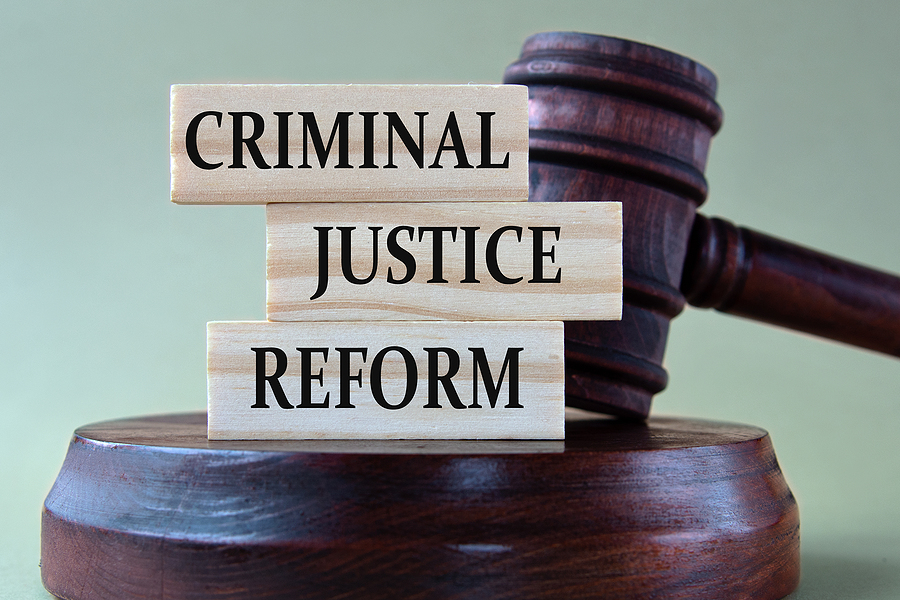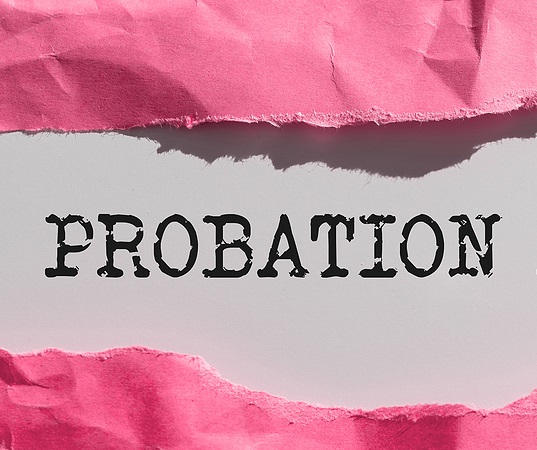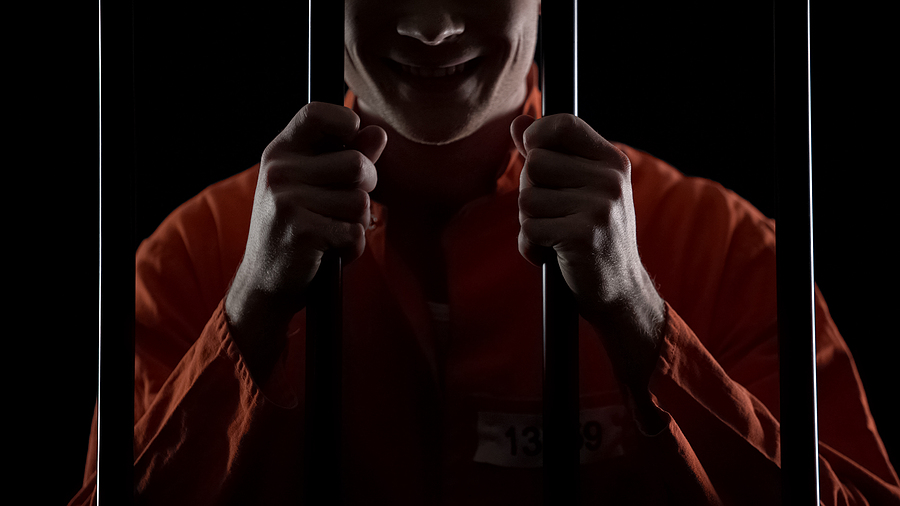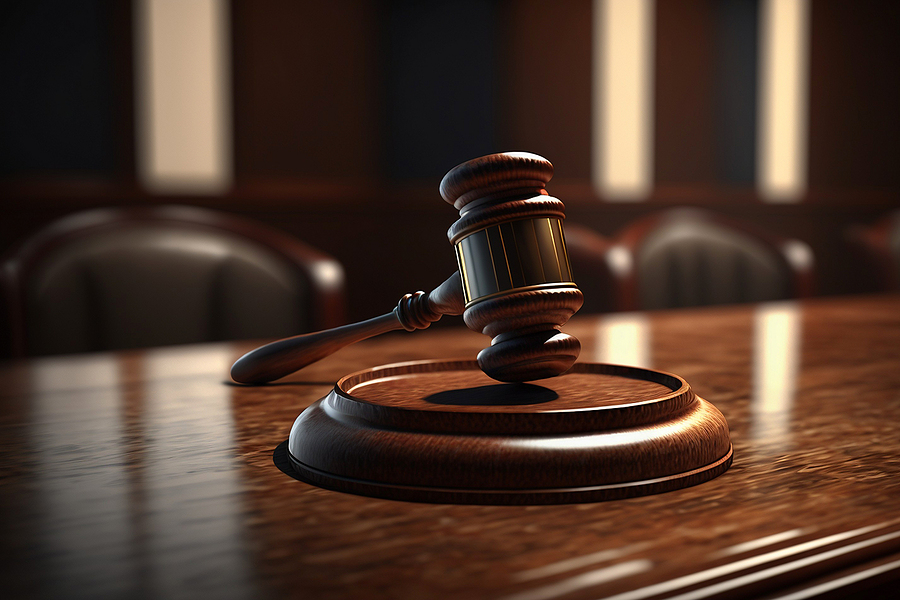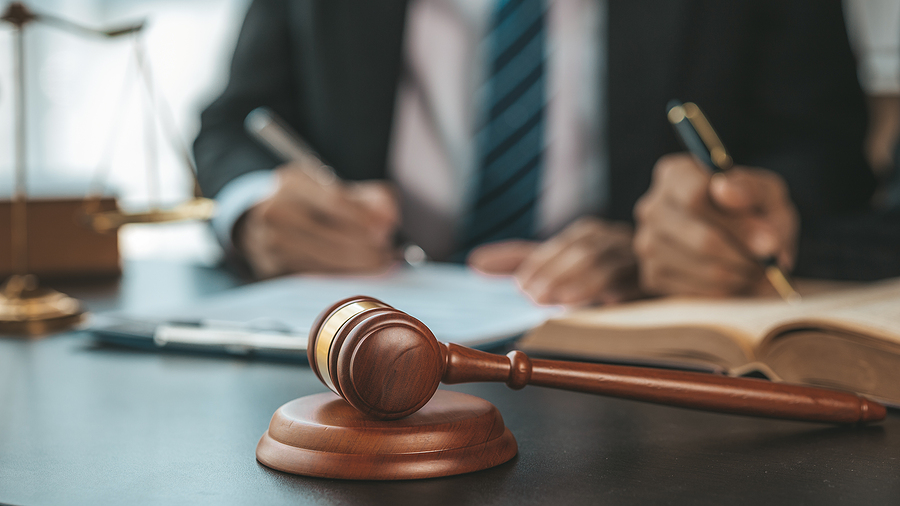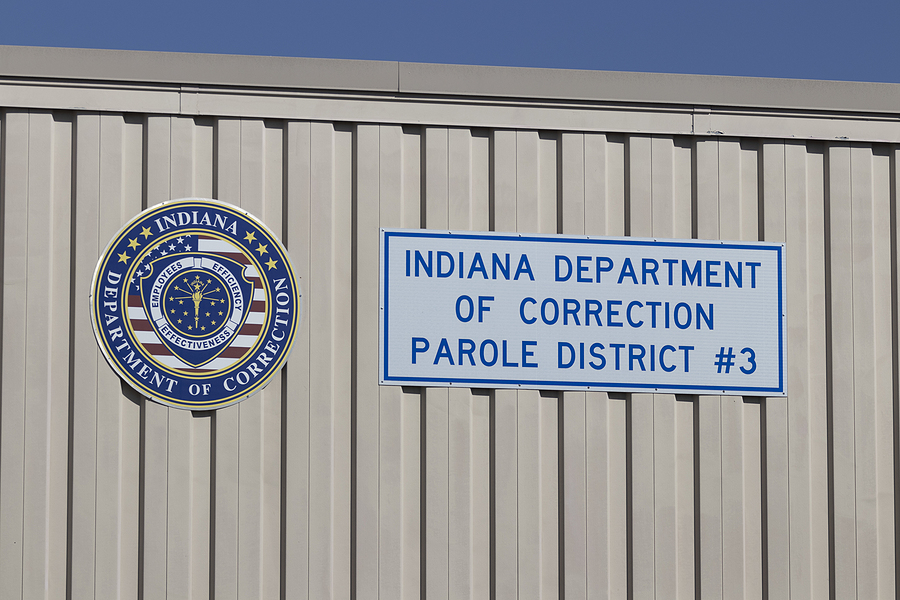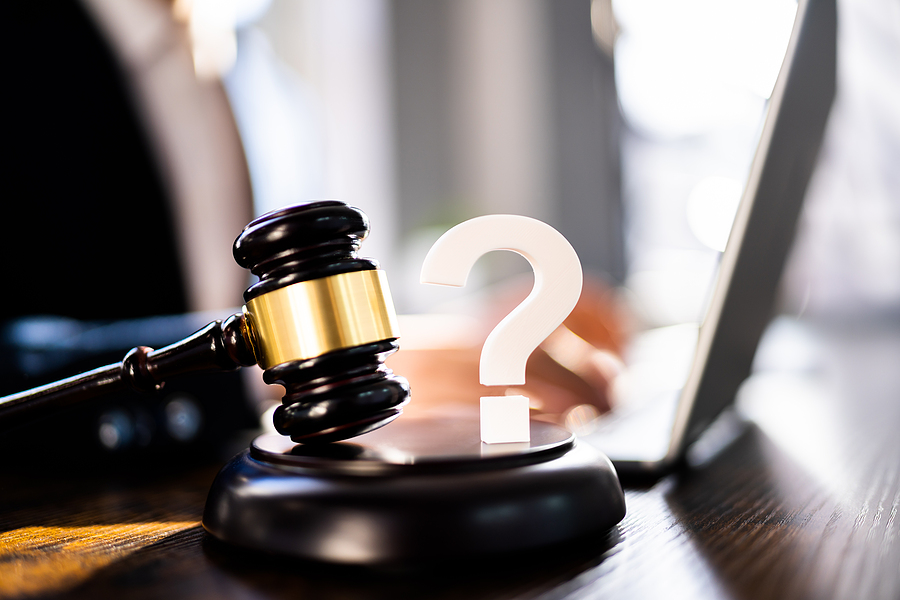In the intricate world of legal defense, a criminal defense lawyer is the cornerstone of any fair trial. Their mastery of various defense strategies can mean the difference between freedom and incarceration for the accused.
In this post, we will delve into the realm of criminal defense, outlining ten common strategies that these skilled advocates employ. We’ll demystify the legal jargon, making it understandable for everyone, whether you’re a law student, someone interested in criminal law, or you simply want to understand the legal process better. Let’s dive in and explore these strategies that play an essential role in the pursuit of justice.
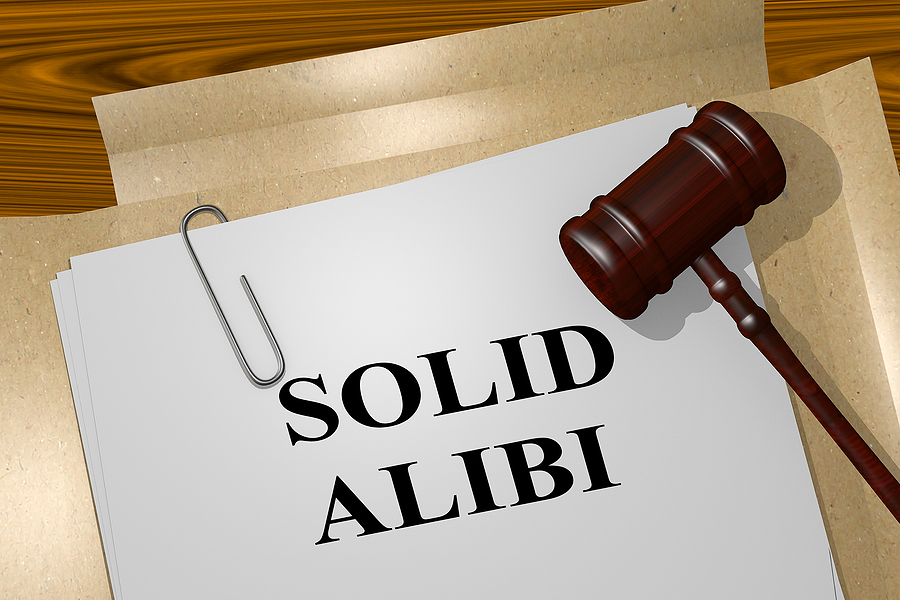
Top 10 Criminal Defense Strategies to Win Your Case
Alibi
An alibi is a defense strategy based on the fact that the accused was somewhere else at the time of the alleged crime. This type of defense can be difficult to prove, as it usually requires witnesses or other forms of evidence to corroborate its claims. However, if proven successful, an alibi could result in a case being dismissed entirely.
Innocence
Innocence is the assertion that the defendant did not commit the crime and can be proven through eyewitness testimony, physical evidence, or other forms of reliable proof. This type of defense works best when there is a lack of evidence linking the accused to the crime. However, it may also prove difficult to prove in some cases, as the prosecution may have sufficient evidence to prove guilt.
Insanity
The insanity defense is based on the principle that the defendant did commit the crime but was unable to understand right from wrong due to mental illness at the time of the offense. It is important to note that this type of defense only works if there is sufficient evidence of the accused’s mental illness at the time of the crime.
Self-Defense
This defense strategy is used when a defendant believes that they were in imminent danger and had no other way to protect themselves from harm. In this type of situation, the defendant must prove that their actions were necessary for their own protection and that they acted in a reasonable manner given the circumstances.
Mistake of Fact
The mistake of fact defense claims that the defendant was mistaken in their belief that they were not committing a crime due to incorrect information or lack of understanding about certain aspects of the law. For example, if someone believes they are legally allowed to carry a firearm in a particular state when it is actually illegal, this could be used as a defense.
Duress
Duress is based on the fact that the defendant committed the crime because they were threatened with harm or death if they did not comply. In order for this defense to work, the prosecution must prove that there was an immediate threat of violence, and that the defendant had no other reasonable course of action.
Entrapment
Entrapment is a defense that claims the defendant was coerced by law enforcement into committing a crime that they would not have otherwise done. In order to prove this defense, the accused must show evidence that they were tricked or threatened into committing the act in question.
Necessity
The necessity defense argues that the defendant had to commit a crime in order to avoid an even greater harm. In this case, the defendant must prove that their actions were justified and necessary given the circumstances of the situation.
Renunciation
This defense is based on the fact that the defendant voluntarily chose not to go through with committing a crime. If evidence can be provided that the accused abandoned their plans or took steps to prevent the offense from being committed, then this defense could be successful.
Consent
The consent defense is used when a defendant argues that the alleged victim consented to an act they are accused of committing. This type of defense is typically used in cases involving assault or sexual misconduct and requires convincing evidence that the victim was aware of the potential risks involved.
From alibi to consent, these ten criminal defense strategies are essential tools for any lawyer defending their client in a court of law. It is important to remember that each case is unique and only after examining all the facts can a skilled criminal defense attorney determine which strategy would be most effective in a particular situation.
In Summary
Criminals accused of a crime have the right to be represented by an attorney who understands the ins and outs of criminal defense strategies. A qualified lawyer will assess the situation from all angles, taking into account any mitigating factors that may help their client’s case. As such, it is important for individuals charged with a crime to seek experienced legal counsel to ensure the best possible outcome.
When it comes to criminal defense, knowledge is power. Knowing your rights and understanding the intricacies of the law can help defendants build a strong case for their defense or plea bargain for lesser charges. Understanding these common strategies can also help you become a better informed citizen, deepening your appreciation for justice and due process.
Are you looking for qualified legal representation to fight your Indiana criminal charges? Contact the Law Office of David E. Lewis today at 317-636-7514 to book an appointment with an experienced criminal defense attorney in Indianapolis, Indiana. Our legal team is dedicated to fiercely and intelligently defending criminal appeals, while working to secure a reduction or dismissal of your conviction.
Related Posts:
The Impact of Plea Bargaining on Criminal Cases
What To Do When You Have Been Charged With a Crime
What to Expect if Charged with a Felony in Indiana

